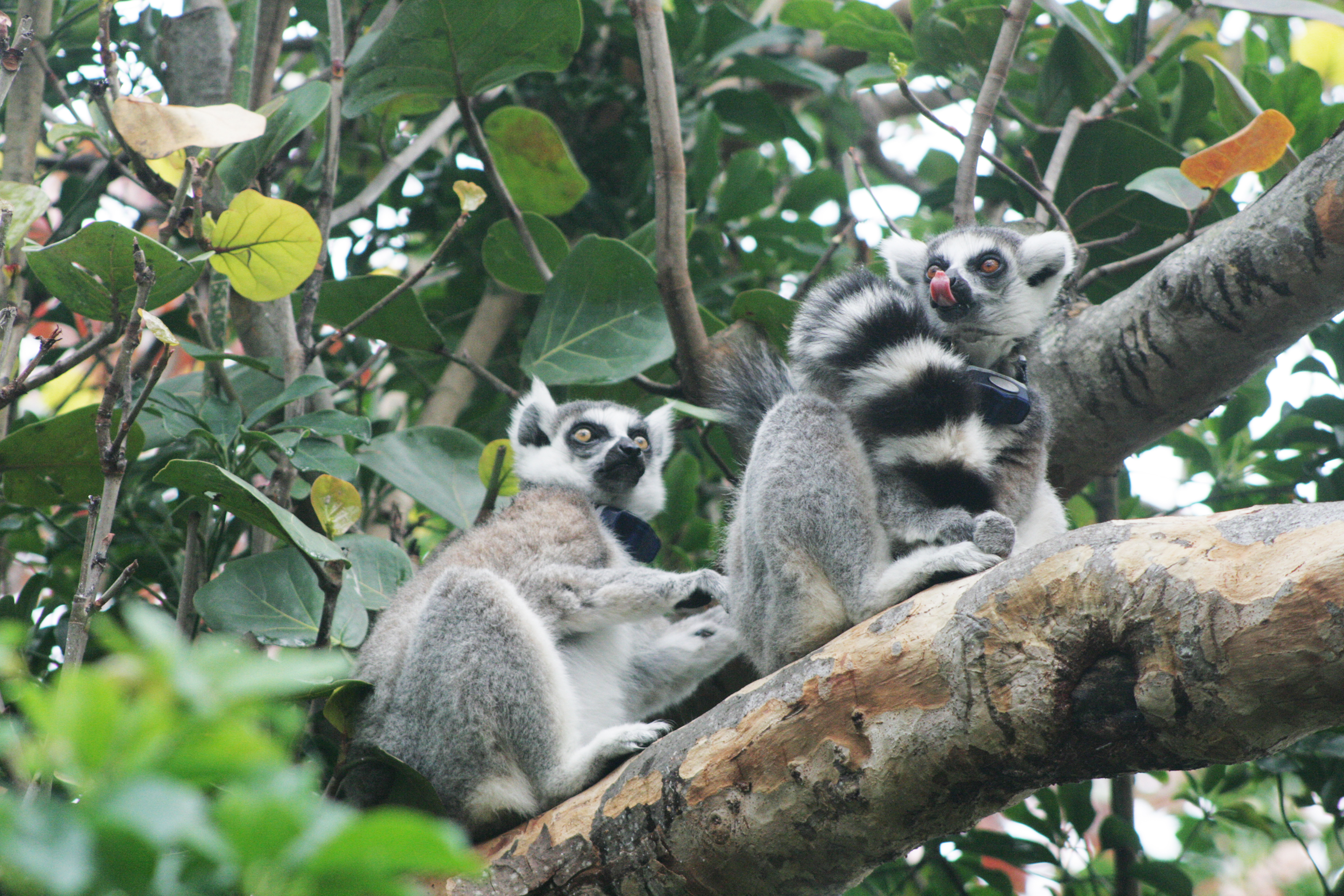Recent News
Turtle travels 3,000 miles to reach IslandWednesday, June 10, 2015
A hawksbill turtle that was accidentally caught on a fishing line in St David’s had travelled more than 3,000 miles to get to Bermuda, The Royal Gazette has discovered.
Animals live long and prosper at Island zoo
Thursday, June 04, 2015
At 95 years old, Crooked Nose the Galapagos tortoise holds a unique record at the zoo.
The Bermuda Zoological Society plays an important role in the Conservation of Bermuda's Environment
Monday, June 01, 2015
For many years, the Bermuda Zoological Society (BZS) has filled a special role in promoting the conservation of Bermuda’s environment.
Reef Watch offers sea, sun and fun
Friday, May 29, 2015
Bermuda Zoological Society’s annual Reef Watch event is due to take place on the last Saturday of next month.
Quick-thinking pair save stricken turtle
Wednesday, May 27, 2015
Animal welfare experts have praised the kind-hearted actions of members of the public that helped to save the life of a hawksbill turtle that swallowed a hook and fishing line.
About
GovernanceAbout Us
Newsletter
Latest News
Gift & Bookstore
Contact
General Inquiries
info@bzs.bm
Latest News
All the latest updates and news from the Bermuda Aquarium, Museum, and Zoo, one of Bermuda's leading visitor attractions!

The residents of the Bermuda Aquarium Museum and Zoo have not received Covid-19 vaccinations, but that could change as research continues.
Ian Walker, principle curator at BAMZ, confirmed that while some larger zoos in the United States have been working with a vaccine manufacturer to test a potential vaccine on a variety of species, no such vaccinations have been performed at BAMZ.
Dr Walker said: “It is my understanding that the United States Department of Agriculture has approved this vaccine for experimental use on a case-by-case basis in the United States only.”
He added that the number of species known to contract Covid-19 – and show symptoms of the virus – is still growing.
Dr Walker said: “The number of species of animals that are known to become infected, including showing symptoms, with this virus are growing.
“This is why we have taken the strict precautions we have at BAMZ from the start of the pandemic. These precautions help to protect our staff, animals and our visitors.
“We will continue to follow the science, work with our partners and will vaccinate the appropriate animal populations when a vaccine has been approved and we can gain access to it.”
The US-based Centres for Disease Control said that “companion animals” such as cats and dogs, along with several other species, have been able to contract the virus.
The CDC said: “There have been reports of animals infected with the virus worldwide. Most of these animals became infected after contact with people with Covid-19.”
Along with a small number of pets, zoo animals including lions, tigers, pumas, cougars, snow leopards and gorillas have tested positive for Covid-19 after showing signs of illness.
Minks at farms in several countries have also been shown to contract the virus, with mink to human spread of Covid-19 reported in the Netherlands, Denmark and Poland.
Recent experimental research has shown that many other mammals, including bank voles, ferrets, fruit bats, hamsters, pigs, rabbits, racoon dogs, tree shrews and white-tailed deer can be infected with the virus.


